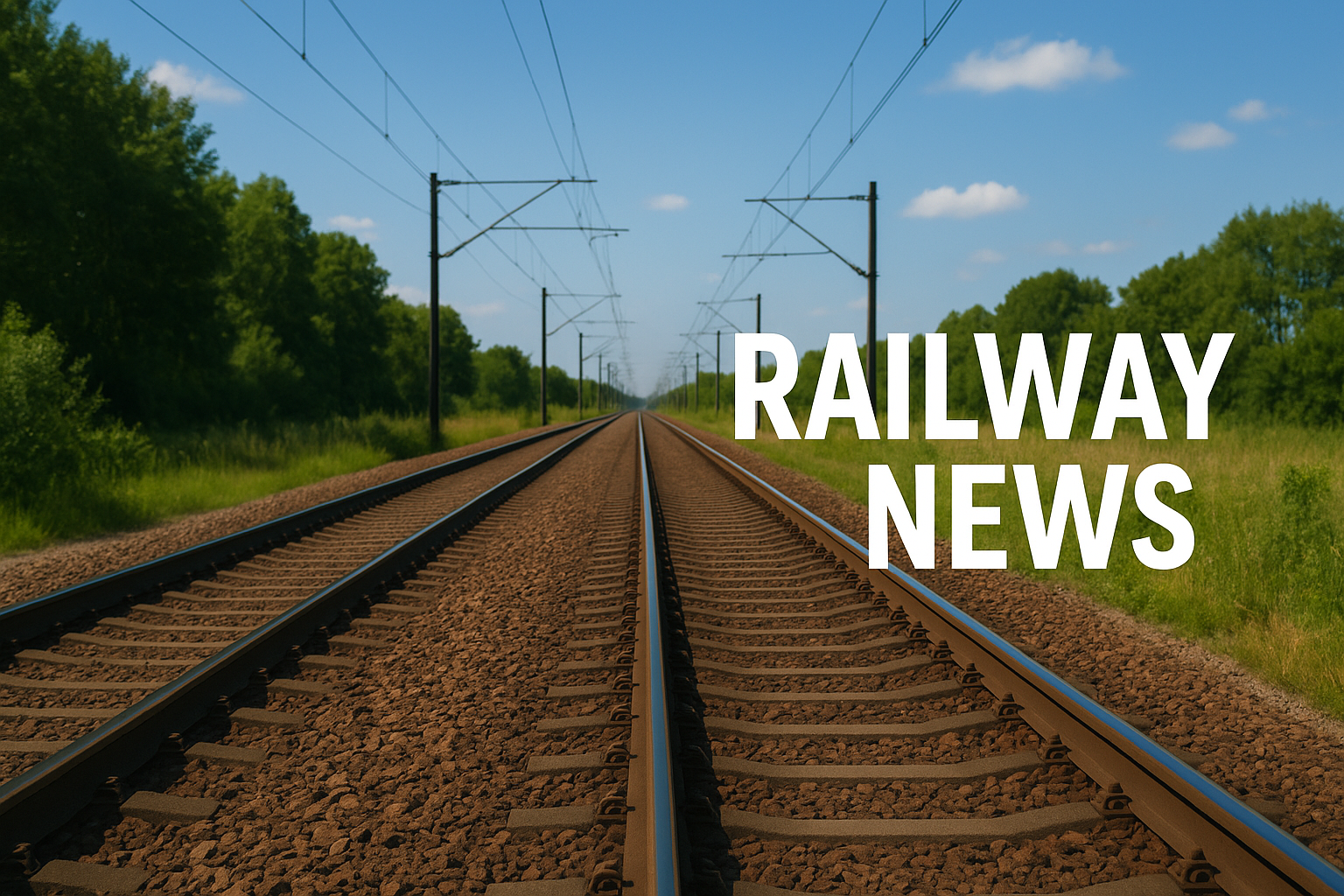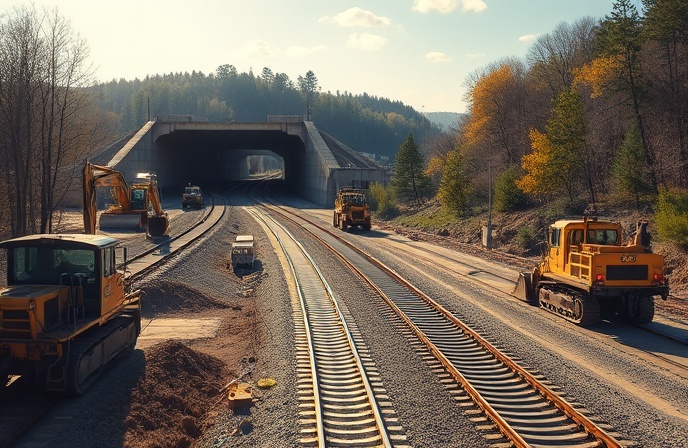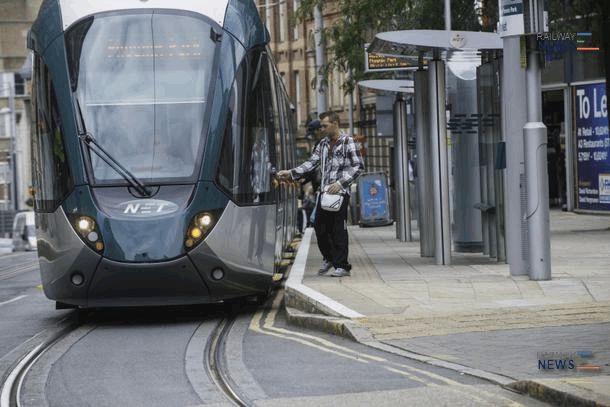Post-Brexit UK Border Chaos: Delays & Impacts

The Evolving Landscape of Post-Brexit UK Border Controls: A Deep Dive into Delays and Their Implications
The implementation of post-Brexit border controls in the United Kingdom has been marked by significant delays, raising concerns among businesses and stakeholders. This article will explore the reasons behind these repeated postponements, analyzing their impact on the UK economy, the challenges faced by businesses in adapting to the changing regulations, and the broader implications for the UK’s relationship with the European Union (EU). We will examine the government’s stated rationale for the delays, critically assess the effectiveness of its proposed Border Target Operating Model (BTOM), and consider alternative strategies that might have mitigated the disruption caused by these repeated postponements. The focus will be on the technical and logistical complexities inherent in managing a major shift in trade regulations, highlighting the critical need for transparency, communication, and effective collaboration between government agencies and the private sector to ensure a smooth transition. The impact on various sectors, particularly food and agriculture, will also be considered.
The Chronology of Delays and Shifting Government Priorities
The initial plan to implement post-Brexit border controls in 2021 was quickly deemed unrealistic. Subsequent delays, pushing the implementation back to October 2023 and now January 2024, reveal a pattern of ongoing challenges. The government’s justification, centered on providing businesses with “more time to prepare,” masks deeper underlying issues. These include the immense logistical complexities of establishing a new border regime, the integration of new technologies and data systems, and the need to balance economic stability with regulatory compliance. The five postponements underscore the difficulty in effectively managing the transition, highlighting shortcomings in initial planning and execution. The government’s claimed aim of minimizing inflationary pressures by delaying the implementation suggests a prioritization of short-term economic stability over the long-term benefits of a fully functional border system.
The Border Target Operating Model (BTOM) and its Challenges
The government’s BTOM outlines a phased approach to implementing new border checks, with paperwork requirements in January 2024, physical checks in April 2024, and safety and security declarations for EU imports in October 2024. While this phased approach aims to ease the transition, its inherent complexity remains a significant challenge. The model’s reliance on “smarter use of data and technology” requires substantial investment in IT infrastructure and systems integration. This includes the development of new digital platforms for customs declarations, data exchange, and risk assessment. The success of the BTOM hinges on the ability of various government agencies and private sector partners to collaborate seamlessly, a task made more difficult by the previous delays and consequent loss of momentum. The effective utilization of data and technology is also dependent on robust cybersecurity measures to prevent potential disruptions and data breaches.
The Impact on Businesses and the UK Economy
The repeated delays have caused considerable uncertainty and disruption for businesses, especially those heavily reliant on trade with the EU. The lack of clarity regarding the implementation timeline has hampered investment decisions, supply chain planning, and operational efficiency. While some businesses welcome the additional preparation time, the persistent uncertainty creates ongoing challenges in forecasting, budgeting, and risk management. The government’s estimation that the changes would increase food inflation by 0.2% over three years underscores the economic consequences of these delays. The cumulative impact of these disruptions could affect competitiveness, economic growth, and employment within various sectors.
Conclusions: Navigating the Path Towards a Functional Post-Brexit Border
The repeated delays in implementing post-Brexit border controls highlight the significant challenges associated with managing a complex regulatory shift. The government’s stated reasons, while understandable in some respects, do not fully address the underlying issues that contributed to the prolonged timeline. The phased approach embodied in the BTOM, while well-intentioned, relies heavily on the successful integration of new technologies and effective collaboration between various stakeholders. The success of this model will depend heavily on robust IT infrastructure, secure data management, and streamlined processes. Moving forward, it is imperative that the UK government prioritizes open communication and transparency with businesses to mitigate the impact of future changes. Proactive engagement, clear guidelines, and adequate support for businesses adapting to the new regulations are essential to minimizing economic disruption and promoting a smooth transition. The long-term success of the post-Brexit border regime will hinge on a holistic approach that balances the need for effective border control with the necessity of supporting a thriving UK economy. Further investment in technology, improved cross-agency collaboration, and ongoing engagement with industry stakeholders are crucial for achieving this balance. The lessons learned from these delays must inform future policy decisions to avoid similar disruptions in the future. A more proactive, collaborative, and transparent approach to policy implementation is vital for the long-term economic prosperity of the United Kingdom and its continued engagement with the European Union.





